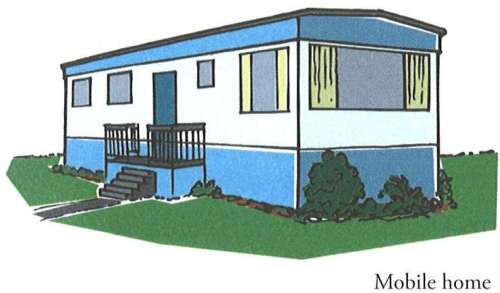Housing
It is important to learn about Canadian tenancy laws and other rights and responsibilities before renting or buying a place. You should refrain from acquiring, and paying money up front for, any property prior to your arrival in Vancouver. Budget some money to pay for temporary hotel stay during your first few days here while you look for a more permanent place to stay. This way you can personally view various accommodations, make cost comparisons and meet with prospective landlords / home sellers. For housing information to help you make decisions and find a safe, affordable home for your family, visit: Canadian Mortgage Housing Corporation: www.cmhc.ca/newcomers





Renting
An easy way to find houses or apartments for rent is to look in the classified advertising section of your local newspaper. You can also walk around the area where you would like to live and see if there are any For Rent signs posted on apartments and houses. There may also be Internet sites that list houses or apartments for rent in your community.
You should look at a number of houses or apartments to see all your options before agreeing to rent a place. Some places can be rented on a month-to-month basis, but you will often need to sign a rental agreement (or lease) for a year. Make sure you understand exactly all your obligations and what is included in your rent before you sign a lease. If you are unsure about anything, ask questions and make sure you understand and are satisfied with the answers you get before you sign any lease. It is important that you do not sign a long-term lease if you plan to move again soon.
You may also be asked to pay a security deposit to rent the property you have chosen. A security deposit is an amount of money that the landlord keeps in case you damage the rental property. It usually equals one month of rent. If you do not cause any significant damage to the rental property while you live there, the deposit must be returned to you when you leave.

Buying
The easiest way to buy a home in Canada is to contact a real estate agent. You can find a local agent in the telephone book or ask people in your community to recommend one to you. You can find out which homes are for sale in the area where you want to live by looking in the classified section of local newspaper and by walking through the neighbourhood and looking For Sale signs in front of houses. There are also many Internet sites that advertise homes for sale.
Keep in mind that houses can be expensive, as there are many hidden costs. There are one-time costs such as the real estate agent’s fee, lawyer’s or notary’s fees, and other costs associated with buying a home. Then there are recurring fees such as annual property tax, home insurance, registration fees, maintenance and repair costs, and utility costs (heat, water, sewer services etc.).
You may be qualified to receive financial help for buying a home. Mortgage insurance programs can help you buy a home if you have less than the 20 percent down payment required by most banks. This type of loan insurance protects lenders and helps people to buy a home with as little as a five percent down payment. For more information about mortgage loan insurance, visit the Canada Mortgage and Housing Corporation website.
